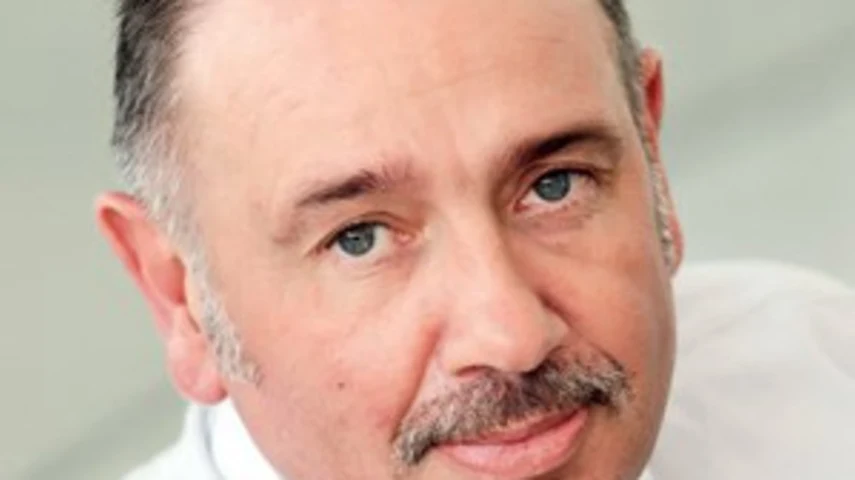Want a policy change? Change the Senate



The Prime Ministership may have changed hands but the make-up of the Senate has not and the financial services industry should expect slow progress on any Government legislative change which is opposed by the major industry superannuation funds.
Recent lobbying events in Canberra have served to confirm the degree to which the financial services industry remains divided along quasi political lines - the industry superannuation funds on the left and the banks and major institutions on the right.
Throughout much of the first two weeks of October, Industry Super Australia (ISA) ramped up its lobbying efforts opposing the Government's legislation seeking to change superannuation governance structures providing for at least one-third independent directors, including an independent chairman.
First, the ISA rolled out yet another piece of research (this time by Rainmaker) highlighting the influence of the major banks in the superannuation space, then it wheeled out its chairman and former NSW Liberal leader, Peter Collins, to urge the new Prime Minister, Malcolm Turnbull, to review what had been one of former Prime Minister, Tony Abbott's policy agenda items.
It was a neat piece of public lobbying in circumstances where Collins is identified as being a NSW Liberal moderate in similar terms to Turnbull.
But if the ISA can be accused of mounting a politically-based lobbying effort on the fund governance issue, then the Financial Services Council (FSC) can hardly be counted as being blameless or apolitical in the exercise.
While the Federal Liberal Party made clear well before the last Federal Election that it had changes to super fund governance high on its policy agenda, it was the efforts of the FSC which saw that policy agenda transformed into the legislation which went before the Parliament earlier this month.
Indeed, the FSC can count itself as having been very successful in having the Coalition Government carry forward the key policy issues of super fund governance and the default funds regime in its first term.
What both sides of the fund governance debate now know is that the issue will be fought out in the Senate and that, in all likelihood, the Government's legislative changes will be blocked by a combined vote of the Australian Labor Party and the Greens.
However, lurking on the sidelines of the debate are the continuing revelations emerging from the Royal Commission into Trade Union Governance and Corruption and the evidence already that at least one industry superannuation fund inappropriately provided confidential member information to the major trade union to which it is affiliated.
The question raised by the evidence presented to the Royal Commission is whether an industry superannuation fund with one-third independent directors would have found itself exposed to such a situation and whether the executive of that fund would have been allowed to remain in place.
In the meantime, what will be obvious to new Prime Minister Turnbull is that any financial services legislation which is opposed by the industry funds is unlikely to pass through the Parliament given the current make-up of the Senate.
The Government's attempted regulatory changes to the Future of Financial Advice (FOFA) regime stand as the signpost of what is likely to happen to initiatives opposed by the industry funds and therefore, most likely, the Labor Party and the Greens.
Those financial planners and financial services industry executives who believe there is merit in the changes being pursued to super fund governance and the default funds regime will have to hope that the recent change in Prime Minister will be enough to suitably change the make-up of the Senate.
Recommended for you
In the latest episode of Relative Return Insider, host Maja Garaca Djurdjevic and AMP’s Shane Oliver break down US and Australian rate cuts, soaring gold, and bitcoin’s volatility.
In the latest episode of the Relative Return Insider, host Maja Garaca Djurdjevic and AMP’s chief economist Shane Oliver unpack the surprising twists in the Australian economy, diving into the latest GDP numbers, what’s really driving consumer spending, and what it all means for the Reserve Bank’s next moves.
In this episode of Relative Return, host Laura Dew chats with Roy Keenan, co-head of fixed income at Yarra Capital Management, to discuss the evolving fixed income asset class, his sector preferences, and the RBA’s rate-cutting policy.
In this week’s episode of Relative Return Insider, AMP chief economist Shane Oliver joins the show to dissect the ongoing government economic reform roundtable and reflect on the wish lists of industry stakeholders – and whether there is hope for meaningful reform.







